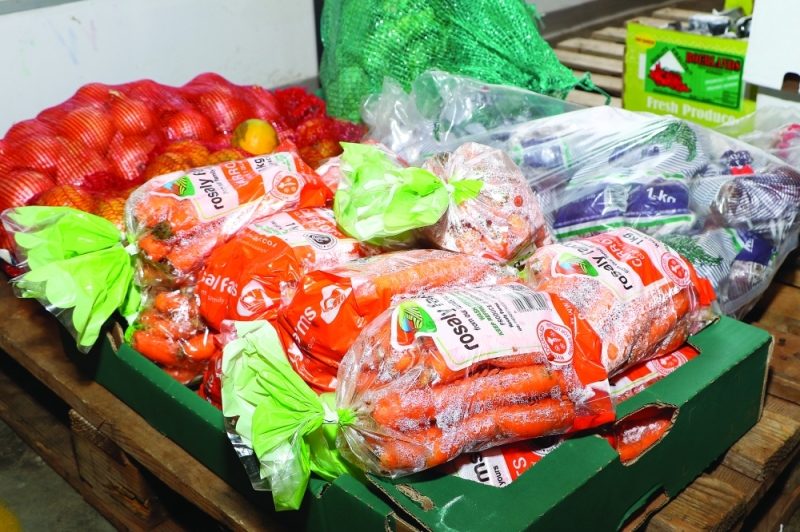Veggie ban bears fruit – Gov't
Mompati Tlhankane | Monday March 27, 2023 06:00


This comes after last month’s revelation by government that it has not yet done a study to determine the degree to which the imposition of restriction on importation of vegetables has to date influenced the country’s balances of trade. Earlier this year, it was reported that authorities at the Ministry of Agriculture were having a difficult time accepting the statistics about the progress farmers had made since the ban. Agriculture policymakers, farmers and other stakeholders were said to be scrambling to get accurate figures on how the horticulture has been performing. The vegetable ban came into effect on January 1, 2022 and targeted 16 vegetables such as onion, butternut, tomato, watermelon, carrot, potato, cabbage and ginger. The ban was intended to support local farmers, increase national food security by encouraging local vegetable production and improve horticulture competitiveness.
The ban was also meant to alleviate climate change effects, develop the agriculture value chain and foster citizen empowerment. Responding to a question in Parliament this week, the Minister of Trade and Industry Mmusi Kgafela said the importation of fruits and vegetables between the years 2020, 2021, and 2022 shows at least a 50% decline in the value of imported fruits and vegetables. He added that in this regard, the import ban has contributed in reducing imports and has also stimulated local production. “This was further facilitated by the government initiative of providing an Impact Accelerator Facility to the tune of P70 million, which allowed for a 50% grant and 50% own contribution to farmers. To this end, 461 farmers have benefited from the initiative across the country,” he said. Kgafela also disclosed that on the other hand, for the years 2020, 2021 and 2022, exports increased by 28.95% compared to the last year before the restriction came into effect. “The imposition of the restriction on importation of fruits and vegetables clearly has had an impact on the structure of our imports. Before the ban, food, beverages and tobacco made up 36.1% of total imports in December 2020, according to Statistics Botswana. However, in December 2022 food, beverages and tobacco only contributed 12.8% to total imports.
This shows that imports on food, which vegetables are a part of, have reduced significantly due to vegetable restriction by at least 23.3% attributable to the ban on vegetables,” he further indicated. While Minister of Agriculture, Fidelis Molao last month said there was no immediate plan to add other food products to the basket of already restricted commodities, Kgafela, however, this week said there exists great potential for other food products for the basket of already restricted commodities to be added. Molao at the time said the intention was to review the import restriction for the 16 vegetables over a two year period, and government had just completed the first 12 months. He said the 12 months were too short to determine the impact of the import ban on the country’s import bill and therefore the impact would be assessed after the vegetable imposition period of 2 years.
Kgafela said: “An assessment to determine additional products will be undertaken with a view to informing the decision on specific products for inclusion. Government has in place other import restrictions and these are; restriction on the importation of salt, restriction of importation of pre-packed refined sugar: restriction on the importation of bottled water, restriction on the importation of baked goods, restriction on the importation of wheat flour, and restriction on the importation of maize extruded snacks. ''The impact of these measures has been positive but an in-depth analysis is still to be carried out”, Kgafela said. He pointed out that they should, however, be mindful that the base years 2020 and 2021 were not normal years due to the COVID-19 affliction where they experienced lockdowns while the economy was a bit slow in 2021. He said the monitoring of the economy will continue to be done in order to assess the impact of not only the ban on vegetables but all statutory instruments imposed by the government.
